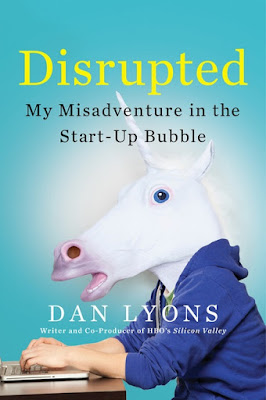The academic obsession to write about #Brexit
Yes, I am acutely aware of the irony that a written blog post with this title entails, but the quality and quantity of responses from the academic community after the UK referendum have been quite astonishing. First there were the anthropologists, 28 of them : Twenty-eight anthropologists were asked to give their immediate – spontaneous, raw, unpolished – responses to Brexit, two days after the result came out. They all generated those responses (a total of 24 texts, as some were co-authored) in less than five days after the result. The full set of commentaries, which provide a remarkably comprehensive analysis of the Brexit phenomenon and its possible implications from an anthropological perspective This was followed swiftly by media scholars who supplied 80 contributions : Featuring 80 contributions from leading UK academics, this publication captures the immediate thoughts and early research insights on the 2016 Referendum on UK Membership of the European Union



